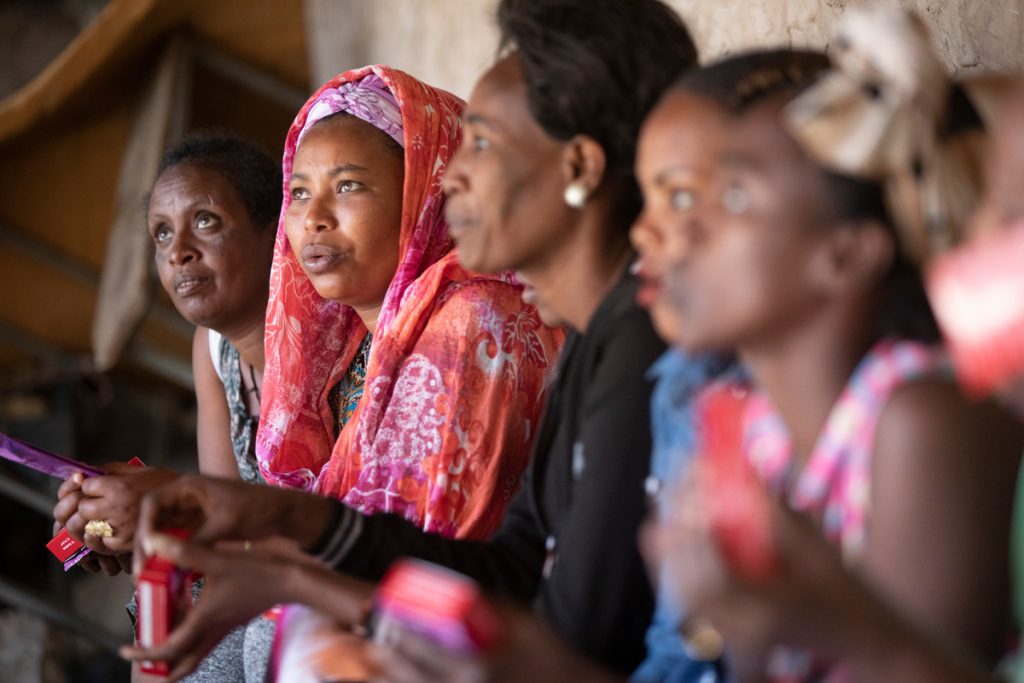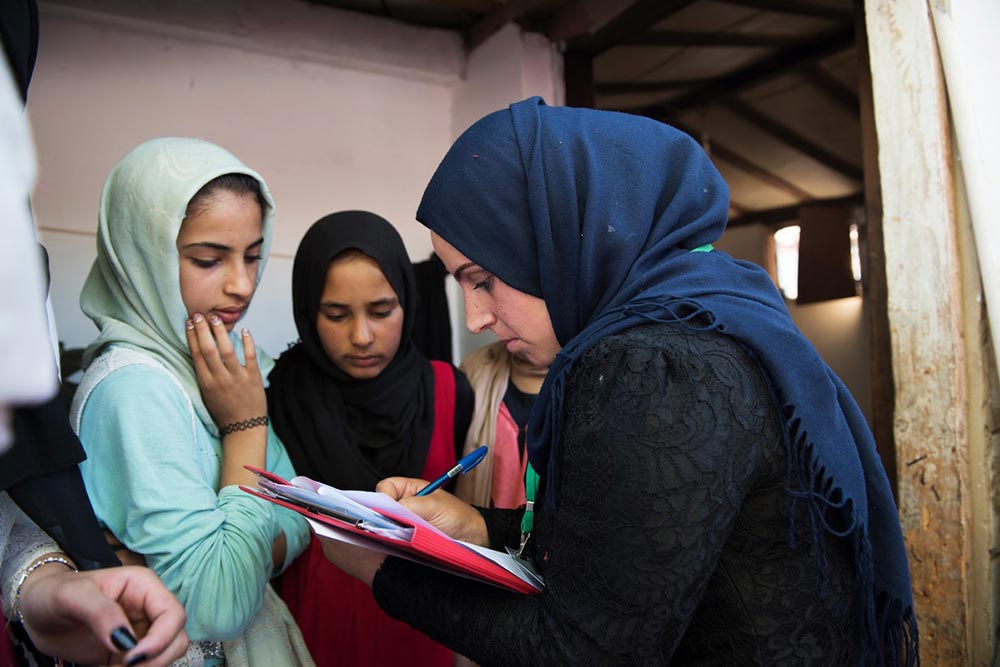Country Profiles
United Kingdom
The UK met the target of 0.7% GNI to ODA from 2015-2020, after the International Development (Official Development Assistance Target) Act enshrined this ongoing commitment in law. However, the UK’s legal commitment to 0.7% GNI to ODA was reduced to 0.5% for 2021 and beyond until fiscal tests are met. In September 2020, the Department for International Development (DFID) and Foreign and Commonwealth Office merged to form the new Foreign, Commonwealth and Development Office (FCDO), and in September 2022 a Minister for Development was created who will attend Cabinet. In 2022 the UK has experienced significant political changes with two changes in Prime Minister and Cabinet.
Policies & funding
The UK has committed to taking a strong stand for women and girls and to promoting equity in both its programmes and in global processes such as the 2030 United Nations Agenda for Sustainable Development. The UK places a strong emphasis on health, sexual and reproductive health and rights, and on gender equality.
In May 2022, the UK government published its strategy for international development which sets out four priority areas, including to “provide women and girls with the freedom they need to succeed, unlocking their future potential, educating girls, supporting their empowerment and protecting them against violence”. This includes the intention to restore vital funding for this work and commits the UK to drive progress on universal, comprehensive SRHR.
In December 2021, the UK launched a new approach paper on Ending Preventable Deaths of Mothers, Babies and Children which sets out key actions to 2024 and a strategic direction to 2030. The UK’s approach includes a pillar on ‘Human rights, gender and equality’ which places an emphasis on accelerating progress on SRHR, gender and equalities and human rights, as central to ending the preventable deaths of mothers, babies and children. In 2021, the government also adopted the Girls’ Education Action Plan 2021-2026, which includes a policy commitment to FP2030.
UK funding to SRH/FP was significantly reduced as a result of the decrease in the of size the economy during the COVID-19 pandemic and later reduction of 0.7% GNI to ODA to 0.5%. The reductions include an 85 per cent cut to UNFPA Supplies in 2020, from £154 million to £23 million, reduction in core operating costs to UNFPA and significant reductions to bilateral funding. In May 2022 the UK contributed 70 million Euros (£60 million) to UNFPA Supplies. Analysis by the Guttmacher Institute found that for the fiscal year 2021-22, the FCDO was expected to provide at least 255 million Euros (£218.9 million) for family planning and this would be reduced by 154 million Euros (£132.4 million). These cuts would result in 9.5 million fewer women and couples receiving contraceptive supplies and services. Despite this substantive reduction, the UK remained the larger European contributor to SRH/FP and the broader SRHR agenda.

Internationally vocal
The UK has been a champion of FP and SRHR for many years, including hosting the Family Planning Summits in London in 2012 and 2017 to reinvigorate support on FP2020 commitments. The UK is also vocal on its support for SRHR in global forum including the UN, where in October 2022, they co-led a cross-regional statement on women and girls’ right to bodily autonomy, supported by over 70 co-signatures.

Key documents
- Country factsheet 2021-2022-UK.pdf
- The UK government’s strategy for international development – GOV.UK (www.gov.uk)
- Agenda 2030: The UK Government’s approach to delivering the Global Goals for Sustainable Development – at home and around the world (2017)
- Ending preventable deaths of mothers, babies and children by 2030 (2021)
- Health systems strengthening for global health security and universal health coverage: FCDO position paper (2021)
- We must respect the bodily autonomy of women and girls throughout their lives: Cross-regional joint statement at the UN Third Committee – GOV.UK (www.gov.uk) (2022)
- FCDO Outcome Delivery Plan: 2021 to 2022
- DFID’s Strategic Vision for Gender Equality: Her Potential, Our Future (2018)


